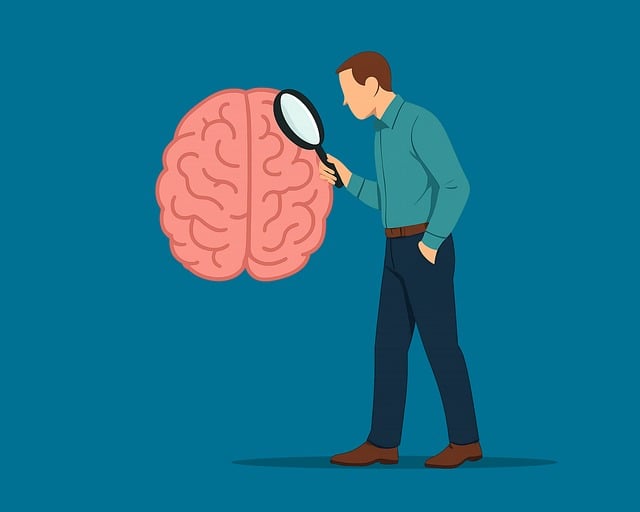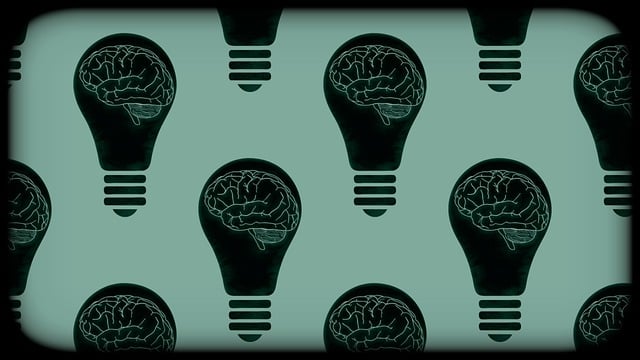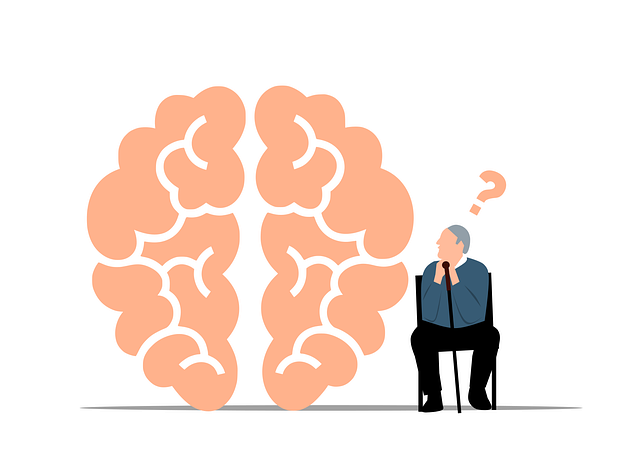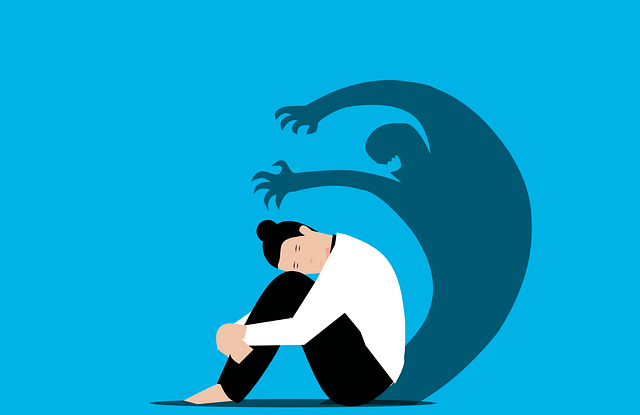Navigating mental health in blended families with children is complex due to unique dynamics like stepparents, half-siblings, and changing living situations. Therapy for Children Blended Families should be tailored, combining cognitive-behavioral therapy (CBT) to manage symptoms and build resilience with family therapy sessions promoting open communication. This holistic approach strengthens the support network, providing stability and security for children. Incorporating mindfulness meditation and compassion cultivation practices ensures a personalized plan addressing individual needs while fostering growth and empowerment for all family members.
“In today’s diverse family structures, understanding mental health diagnoses in children from blended families is crucial. This article offers a comprehensive guide to navigating complex issues. We explore therapy options tailored for children in these unique settings, focusing on effective treatment approaches.
From recognizing symptoms to supporting the healing journey, our sections provide valuable insights for parents and caregivers. Discover how specialized therapy can foster resilience and well-being in children from blended families, ensuring a brighter future.”
- Understanding Mental Health Diagnoses for Children in Blended Families
- Navigating Treatment Options: Therapy Approaches for Children
- Supporting Children and Families Throughout the Healing Process
Understanding Mental Health Diagnoses for Children in Blended Families

Navigating mental health diagnoses for children within blended families can be a complex task. With stepparents, half-siblings, and potential adjustments to living arrangements, these families often face unique challenges that require tailored support. Mental illness in children is not one-size-fits-all, and diagnoses may vary greatly, from anxiety disorders and depression to more severe conditions like bipolar disorder or schizophrenia. Understanding these diagnoses and their nuances is essential for providing the right kind of therapy for children in blended families.
Therapy for children in these situations often involves a multi-faceted approach, focusing not only on addressing specific mental health concerns but also building resilience, cultivating compassion, and developing inner strength. Practices like cognitive-behavioral therapy (CBT) can help children manage symptoms and cope with stress while teaching them valuable skills. Additionally, family therapy sessions encourage open communication, promote understanding, and strengthen the supportive network surrounding the child, fostering a sense of stability and security.
Navigating Treatment Options: Therapy Approaches for Children

Navigating treatment options for children with mental illness can be a complex task, especially within blended families where stepparents and biological parents may have differing views on care strategies. Therapy approaches tailored specifically for children are crucial in addressing their unique needs and concerns. One effective method is cognitive-behavioral therapy (CBT), which focuses on identifying and changing negative thought patterns and behaviors. CBT can help children develop coping mechanisms, enhance self-esteem improvement, and build resilience against stress and anxiety.
In blended families, family therapy sessions that incorporate mindfulness meditation can foster a sense of unity and understanding among stepparents and biological parents. This collaborative approach not only improves communication but also allows everyone involved to learn effective strategies for managing children’s mental health. By combining different therapeutic techniques, such as CBT with mindfulness meditation, professionals can create a comprehensive plan tailored to each child’s specific needs, ultimately boosting their confidence and overall well-being.
Supporting Children and Families Throughout the Healing Process

Supporting children and their families throughout the healing process is a multifaceted journey that requires tailored strategies. When navigating mental illness, blended families face unique challenges, but with the right tools, they can foster resilience and growth. Therapy for children in these situations should address individual needs while considering the dynamic nature of blended family structures.
Compassion cultivation practices and crisis intervention guidance are invaluable assets. By incorporating these techniques, professionals can help children and their parents develop inner strength and coping mechanisms. This holistic approach ensures that each member of the family feels heard, understood, and empowered during their healing journey, ultimately paving the way for lasting positive outcomes.
In navigating mental health diagnoses within blended families, understanding the unique challenges children face is key. By exploring various therapy approaches tailored to their specific needs, parents and caregivers can effectively support their child’s healing journey. Through a comprehensive approach that includes specialized treatment options and continuous family support, children in blended families can thrive and develop healthy coping mechanisms for the long term. Therapy for children in these dynamic families plays a pivotal role in fostering resilience and enhancing overall well-being.














